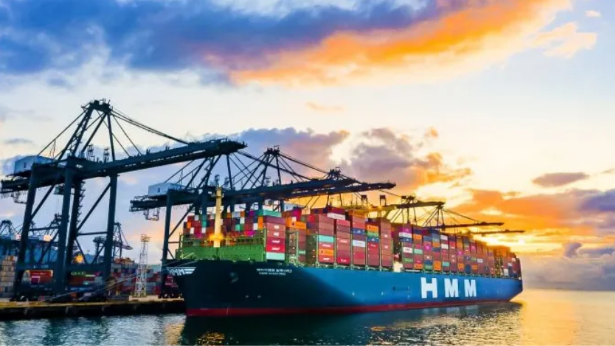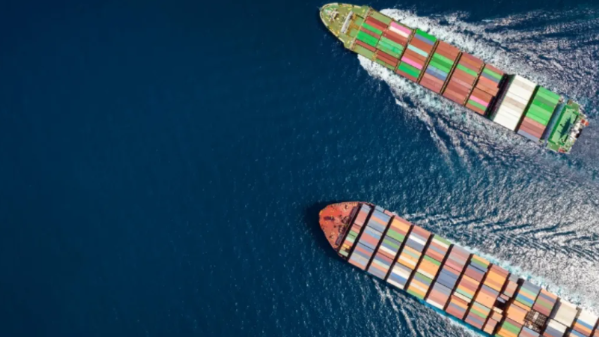The condition of Brazil’s ports has become a critical obstacle for the agribusiness sector, directly affecting key supply chains for major industries and exports, says Mario Veraldo, CEO of global logistics firm MTM Logix. What were once isolated incidents are now systemic issues. “Brazilian ports are running at full capacity: outdated equipment, poor maintenance, and underinvestment have created an unsustainable situation.”
According to Veraldo, Brazil’s infrastructure investment in 2024 accounts for only 2.2% of GDP, while nearly double that (about 4.3%) would be needed to meet projected demand over the next 30 years. This gap comes at a time when agribusiness exports are booming—reaching $164.4 billion last year and representing nearly half (48.9%) of Brazil’s total exports.
In March 2025, Brazil failed to ship over 600,000 bags of coffee—approximately 1,932 containers—due to logistical bottlenecks. According to the Brazilian Coffee Exporters Council (Cecafé), this resulted in losses of about $1.57 million. Since June 2024, inefficiencies at major coffee ports have generated an additional $11.72 million in costs.
ElloX Digital’s Zero Dwell Time (DTZ) report revealed that in March 2025, 55% of 325 vessels—179 ships—faced delays or rescheduling at major Brazilian ports. Container dwell times averaged over 40 hours, and in some cases—particularly in Santos—reached up to 10 days.
Veraldo emphasized: “Brazil urgently needs to expand and modernize its ports, streamline bureaucracy, and invest in technology and alternative logistics solutions like the Northern Arc ports, which are becoming strategic channels for Brazilian agribusiness exports.”
Rodrigo Reis, Logistics Manager at Expocacer (a Cerrado coffee grower cooperative), noted that bottlenecks affect everything from operational planning to member income. “These rising operational costs could’ve been used to add value to our coffee. Instead, we’re spending on infrastructure failures.” Expocacer has taken a proactive approach with early planning and selective routing, but still faces recurring issues like container shortages, sudden vessel rescheduling, and high tolls on single-lane highways.
The situation calls for coordinated action among the government, private sector, and producers. Without it, Brazil risks losing global competitiveness due to a logistics system unable to support its full potential, warns MTM Logix.
“Digitalization and automation are becoming strategic tools to transform Brazil’s port logistics—currently plagued by inefficiency and high costs,” said Veraldo. “Smart technologies can streamline operations, reduce errors, and enhance information flow throughout the supply chain. Automated systems simplify everything from customs clearance to inventory management, cutting wait times and boosting terminal productivity.”
The Brazilian government plans to auction Santos port’s Tecon 10 [STS10]—a new mega-container terminal at Latin America’s largest port—in the last quarter of this year. The project has sparked strong international interest from global terminal operators, shipping lines, and Asian port infrastructure funds. The final auction date depends on regulatory approval and Brazil’s Federal Audit Court (TCU).
During the 25-year concession, investments are expected to total around $450 million, with $150–200 million allocated in the early years for infrastructure upgrades and expansion.

Last
HMM Defies Industry Slump with Strong Q1 2025 Earnings
Against the backdrop of a persistently pressured shipping market, South Korea’s shipping giant HMM (Hyundai Merchant Marine) has d

Next
Hapag-Lloyd Sees Booking Surge Amid Trade Truce and Ongoing Red Sea Rerouting
The world’s fifth-largest container shipping company experienced a surge in business this week, with its CEO attributing the incre
